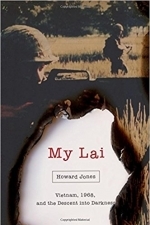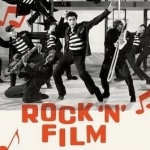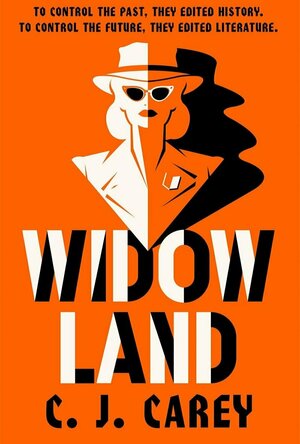
My Lai: Vietnam, 1968, and the Descent Into Darkness
Book
On the early morning of March 16, 1968, American soldiers from three platoons of Charlie Company...
history

Making Health Policy
Kent Buse, Nicholas Mays and Gill Walt
Book
"Making Health Policy is a must-read for those studying and working in global health. It provides a...

The Altruistic Brain: How We are Naturally Good
Book
Since the beginning of recorded history, law and religion have provided "rules" that define good...

Rock 'n' Film: Cinema's Dance with Popular Music
Book
Rock 'N' Film presents a cultural history of films about US and British rock music during the period...

The Future of Foreign Intelligence: Privacy and Surveillance in a Digital Age
Book
Since the Revolutionary War, America's military and political leaders have recognized that U.S....

Soda Politics: Taking on Big Soda (and Winning)
Book
Sodas are astonishing products. Little more than flavored sugar-water, these drinks cost practically...

Handel
Book
Handel is one of the most remarkable figures in the history of western music. His compositions form...

AHA!: The Moments of Insight That Shape Our World
Book
Great ideas often develop gradually after studying a problem at length-but not always. Sometimes, an...
Composing the World: Harmony in the Medieval Platonic Cosmos
Book
We can hear the universe! This was the triumphant proclamation at a February 2016 press conference...
Even though there’s a huge shortage of young men (they’ve been ‘shipped off’ to the rest of occupied Europe to ‘work’) and women greatly outnumber men, women are divided into categories, or castes. These depend on their age, heritage, reproductive status and physical characteristics, and each category is named after a significant woman in Hitlers life. Rose is a Geli, one of the elite. Young, beautiful, and most importantly, fertile.
I thoroughly enjoyed this and read it far too quickly. It had a black and white, 1950’s movie atmosphere about it, and I could easily picture the people and scenes in my head. It brought to mind The Man in the High Castle with regards to Occupation, and 1984 with regards to feeling as though you’re constantly watched - as well as the people being told how to react, think and live. This was especially evident in Rose’s job: she rewrites classics so that they’re in line with the regimes ideals: so no independent, strong females, and all the male leads are changed to Sturmbannführer (at least!).
The drudgery of everyday life made me think of how I envisaged life in the GDR - as well as only allowing state sanctioned literature, there was only one radio channel in Grand Alliance Britain, with some brave people listening to illegal foreign radio stations, knowing that this could result in extreme punishment.
When Rose goes to Widowland near Oxford (there are a few throughout the country) to find the source of a potential rebellion, she’s shocked to see older women living in abject poverty, only permitted to eat a subsistence diet and work menial jobs. But these women are intelligent, and they’re not happy in their state regulated lives. Between her reading of classic books and meeting these women, Rose begins to see what’s wrong with the world she has been living in, and this dawning realisation is so well described. We see how reading ‘subversive’ classics seems to get under her skin, and how she realises that the treatment of women is wrong in this Grand Alliance.
I could go on and on. I raced through this book, and I loved the ending, which came far too quickly!
Many thanks to Quercus for my copy of this book through NetGalley.

